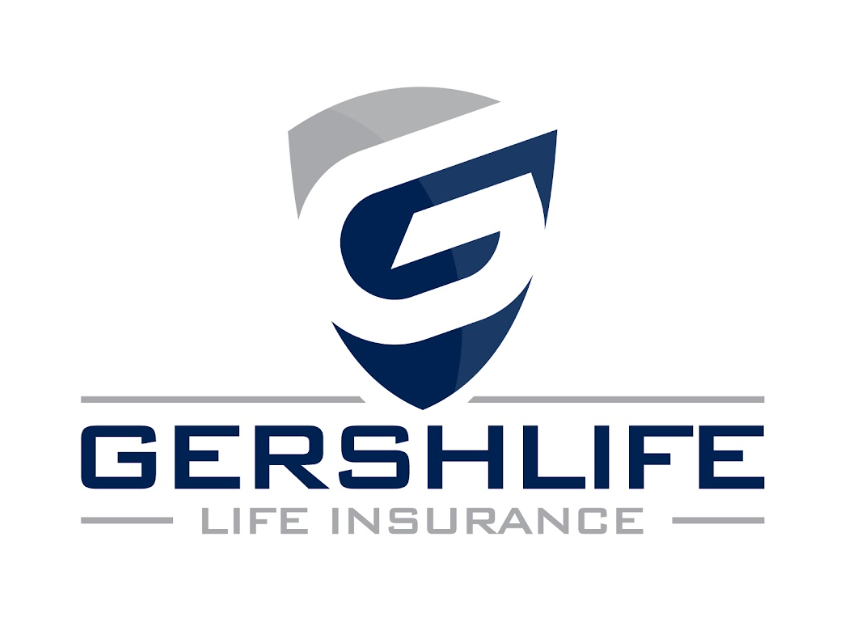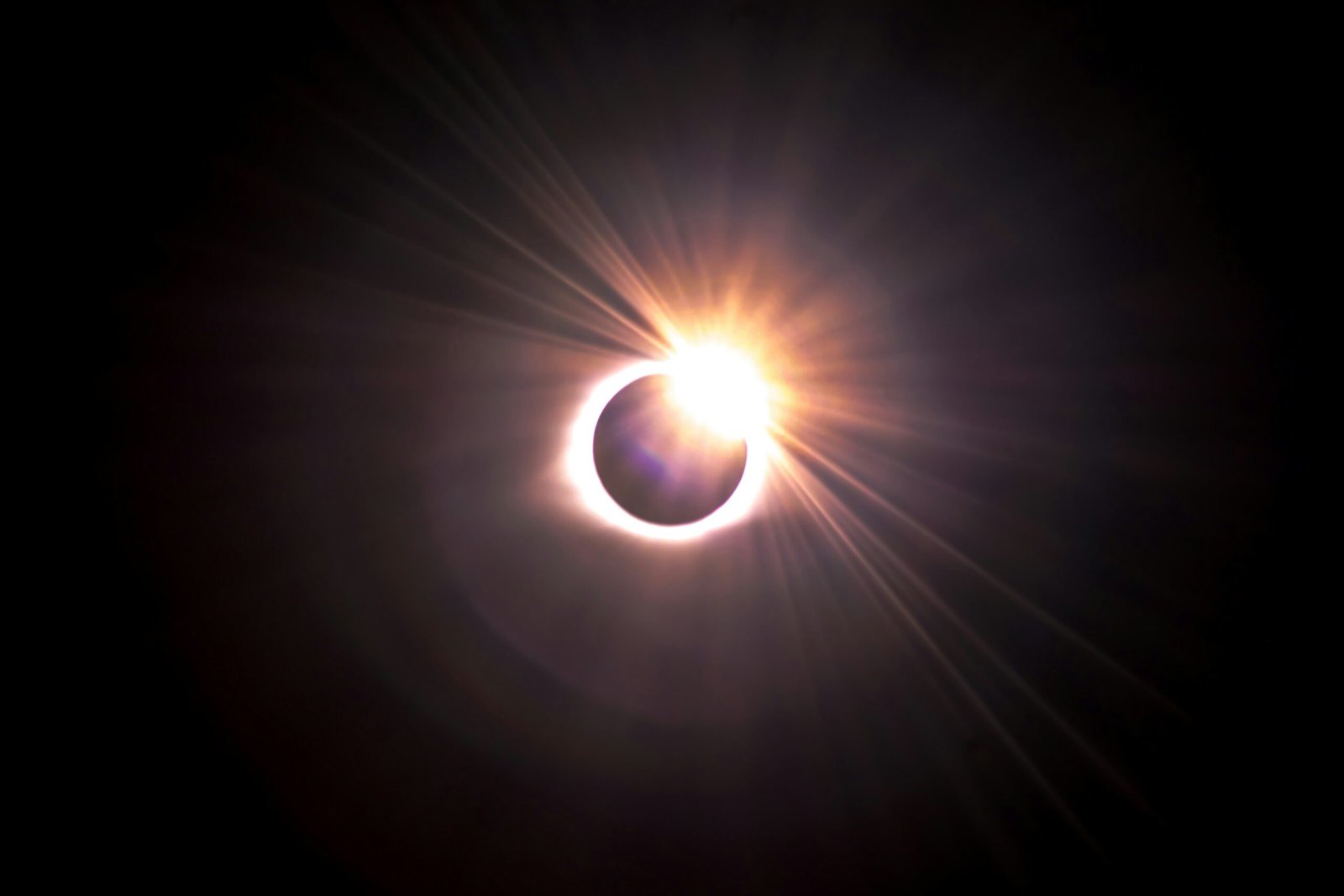The Total Solar Eclipse: A Unique Event with Lessons for Financial Planning
The total solar eclipse is a rare celestial event that has captured the imagination of people around the world. As the moon passes between the sun and the Earth, a moment of darkness and awe-inspiring beauty will occur and people are adjusting their schedules accordingly to watch. While this phenomenon may seem unrelated to financial planning, there are valuable lessons that can be learned from the eclipse.
Lesson 1: Preparation is Key
Just like astronomers meticulously plan their observations and travel to the best viewing locations, financial planning also requires careful preparation. Setting clear goals, creating a budget, and regularly reviewing and adjusting your financial plan are essential steps to ensure a secure future.
Lesson 2: Embrace Uncertainty
During a total solar eclipse, the world will be plunged into darkness, and the future may seem uncertain. Similarly, financial markets can be unpredictable, with ups and downs that can cause anxiety. However, just as the eclipse eventually passes, so do market fluctuations. It’s important to stay calm, order NASA Glasses, stick to your long-term investment strategy, and not let short-term events derail your financial plans.
Lesson 3: Seek Expert Guidance
Astronomers rely on advanced equipment and scientific knowledge to understand and capture the beauty of a total solar eclipse. Similarly, seeking the guidance of a financial planner can help you navigate the complexities of investing, taxes, and retirement planning. Their expertise can provide valuable insights and help you make informed decisions.
New York City is expected to see a partial solar eclipse, with the moon covering about 90 percent of the sun. The partial eclipse will peak at 3:25 p.m. across the five boroughs, lasting no more than a minute. Reminder! Do not look at the eclipse unless you have the proper glasses.

